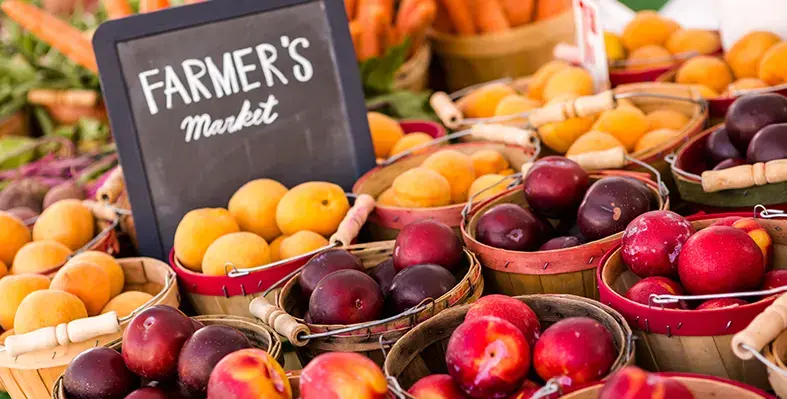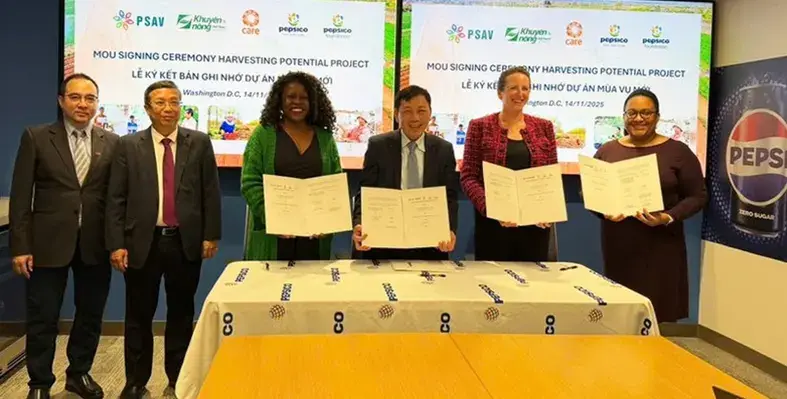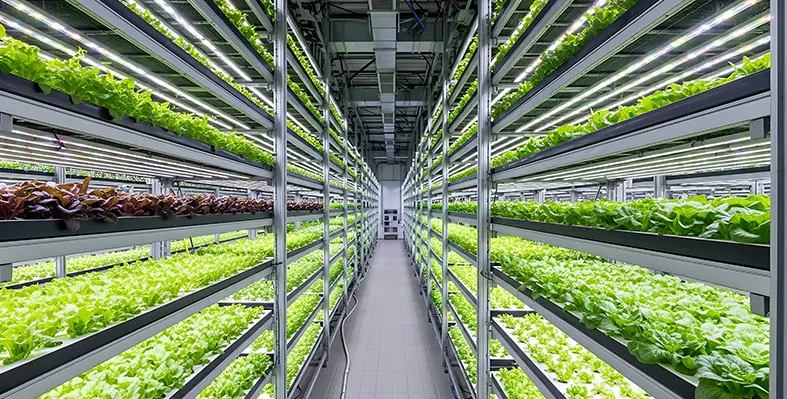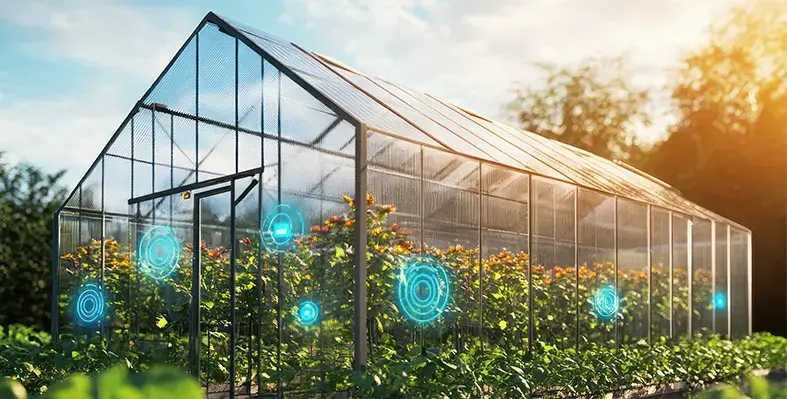Iraq’s ambition to achieve wheat self-sufficiency is faltering as a deepening water crisis tightens its grip on the country, threatening food security, rural livelihoods and one of the world’s oldest agricultural regions.
For generations, Iraqi farmer Ma’an al-Fatlawi has relied on the Euphrates River to irrigate his wheat fields near Najaf. But today, the river that once nourished the Fertile Crescent is receding at an alarming rate. Standing beside a cracked irrigation canal, he waits for his limited water allocation, knowing there are few alternatives. “Drilling wells is not successful in our land, because the water is saline,” al-Fatlawi said.
Iraq, historically one of the Middle East’s largest wheat importers, had made notable progress in recent years. A state-backed drive to boost domestic wheat production delivered three consecutive annual surpluses, raising hopes of long-term food independence. Those gains, however, are now under serious threat.
The country is enduring what experts describe as the driest year in modern history. Water levels in the Tigris and Euphrates rivers have plunged, forcing farmers to scale back planting. The wheat harvest could fall by as much as 50 percent this season.
“Iraq is facing one of the most severe droughts that has been observed in decades,” the UN Food and Agriculture Organization (FAO)’s Iraq representative Salah El Hajj Hassan told Reuters.
Climate change is compounding Iraq’s vulnerability. The largely arid nation ranks fifth globally for climate risk, with average temperatures rising rapidly and rainfall expected to decline further. At the same time, Iraq depends on neighbouring countries for roughly 70 percent of its water supply, leaving it exposed to upstream dam projects in Turkey and Iran.
The FAO says reduced cross-border water flows are the main driver of the crisis, prompting Baghdad to introduce strict rationing. Iraq’s water reserves have collapsed from 60 billion cubic metres in 2020 to less than 4 billion today. “Rain-fed and irrigated agriculture are directly affected nationwide,” El Hajj Hassan said.
In response, Iraq’s agriculture ministry has halved the area allowed for river-irrigated wheat in the 2025–2026 season and mandated modern irrigation systems such as drip and sprinkler technology. Rice farming, a highly water-intensive crop, has been banned altogether.
Yet modern irrigation comes at a high cost, placing further strain on rural communities that already make up around 30 percent of the population. Some 170,000 people have been displaced due to water shortages. “This is not a matter of only food security,” El Hajj Hassan said. “It’s worse when we look at it from the perspective of livelihoods.”
Back in Najaf, al-Fatlawi has reduced his wheat acreage to just a fifth of its usual size and laid off most of his workers.








